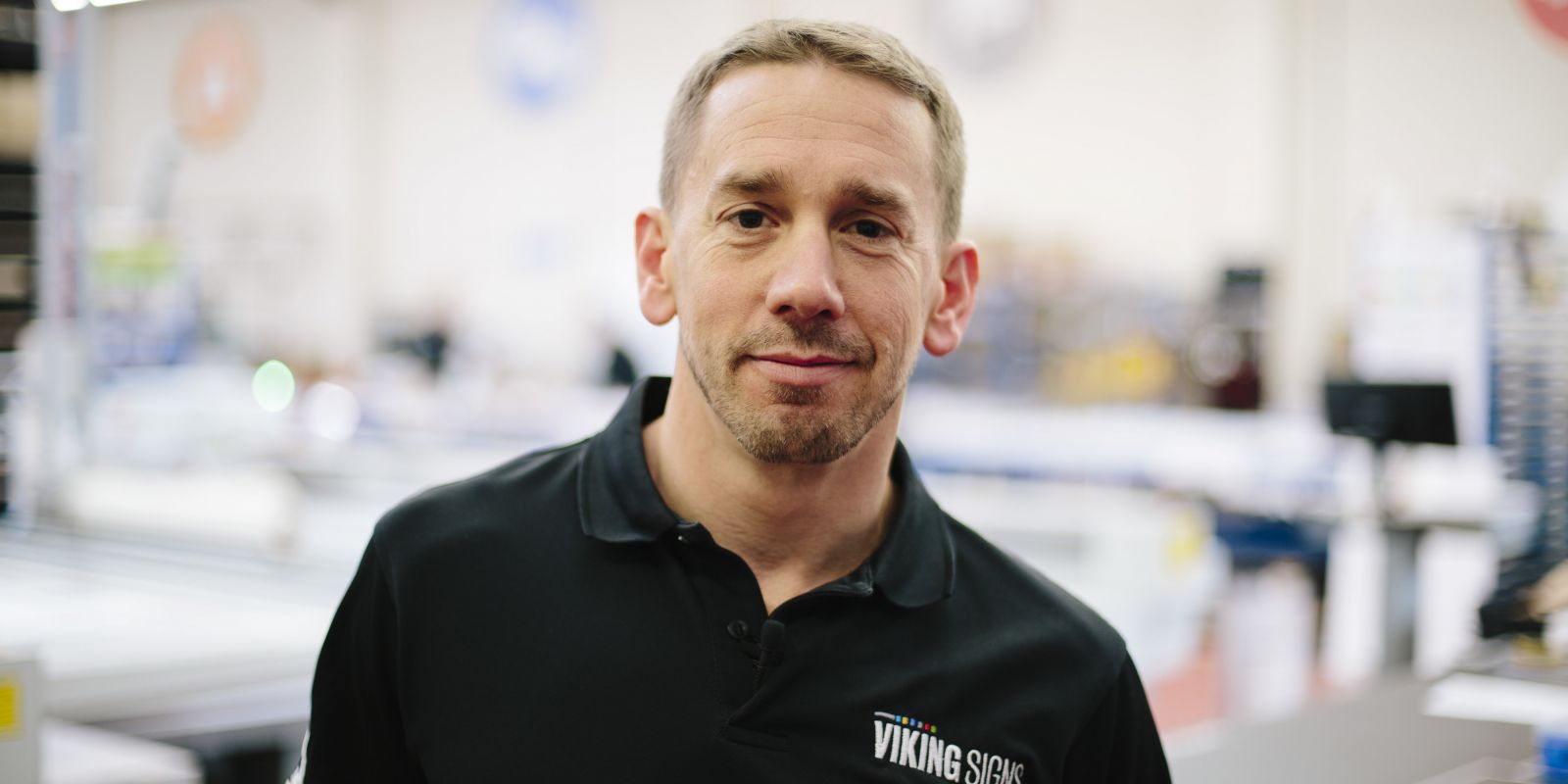What will the future look like? Darren Joint
BlogsIn the first of a series of blog posts by Lincolnshire business people Darren Joint, Managing Director of Viking Signs in Grantham and Chair of our Manufacturing Board, looks ahead to how things will change post COVID-19...
Since the start of the lockdown the business environment in the UK has changed radically, and leaders in the manufacturing sector have begun to think about what the future for the industry might look like.
Manufacturers have already stepped up to the challenge by adapting quickly and doing their bit to assist however they can in the crisis. In doing so they have reminded the general public of the importance of having a strong manufacturing base in the UK. Many companies have moved production overseas to reduce costs, but I hope everyone now realises there are some risks associated with that. Having the capacity to make things that you need is really useful for a nation. It may well be that the UK manufacturing sector comes through this crisis stronger, with wider public support and Government backing.
Looking to the future, the COVID-19 crisis has revealed an ability among manufacturers to pivot very quickly, repurpose products or systems and work flexibly to meet the challenge. This can be seen in businesses like Barbour, which has switched from making wax jackets to making gowns for frontline NHS staff. Similarly, at Viking Signs we’ve developed 1,000 new products in three weeks, and at present one in four products we’re selling is directly related to coronavirus, whether it be social distancing signs for supermarkets or NHS and healthcare infection control signage. This can only be a good sign for the future of manufacturing, but it’s important that after the crisis is over we recognise this strength and provide appropriate support for the UK’s manufacturing base.
The crisis has also highlighted weaknesses in the supply chain – in particular, how dependent we’ve become on external supply of raw materials like steel for ventilators and fabric for PPE, and how important it is for UK manufacturers to have a controlled local supply of raw materials. I hope that Government policy will reflect this concern in the future and that we remember the hard lessons we are learning at this time.
A very practical change that is affecting many people is working from home, and I suggest that now that this particular genie is out of the bottle it will be hard for employers to put it back inside. At Viking Signs we moved to remote working very quickly; our employees say it’s working well, and there’s a good chance we will continue to encourage remote working even after the lockdown is over. It’s good for work-life balance and good for the environment as it reduces the number of car journeys to and from work, and there’s no evidence that productivity suffers as a result.
Many observers are suggesting that we will never go back to the way things were; that the coronavirus will change our outlook permanently and that the positive outcomes of the lockdown – such as less pollution and a stronger community spirit – can be maintained in the future. I have similar aspirations for manufacturing: I hope that people will think more deeply about where the things they buy come from, how they’re made and who makes them. Before the crisis we relegated those factors in our buying choices, so I hope that there’ll be a shift in society and that people will consider the ethical and environmental sustainability of our consumer culture and make a positive change. I hope that in the future we will choose to buy what we need, and not always buy what we want.
This article was originally published on the CityX website.


